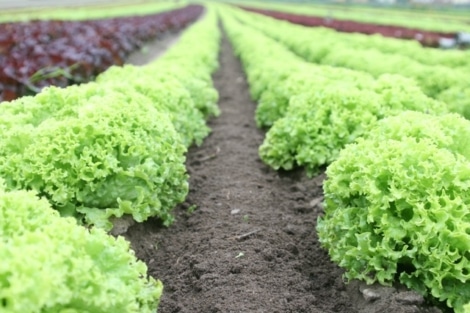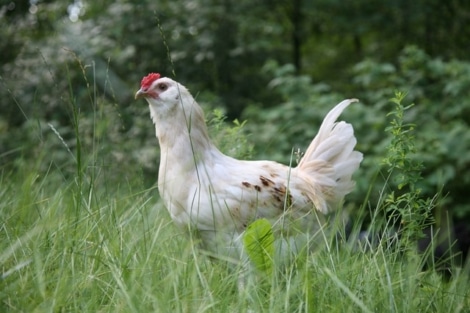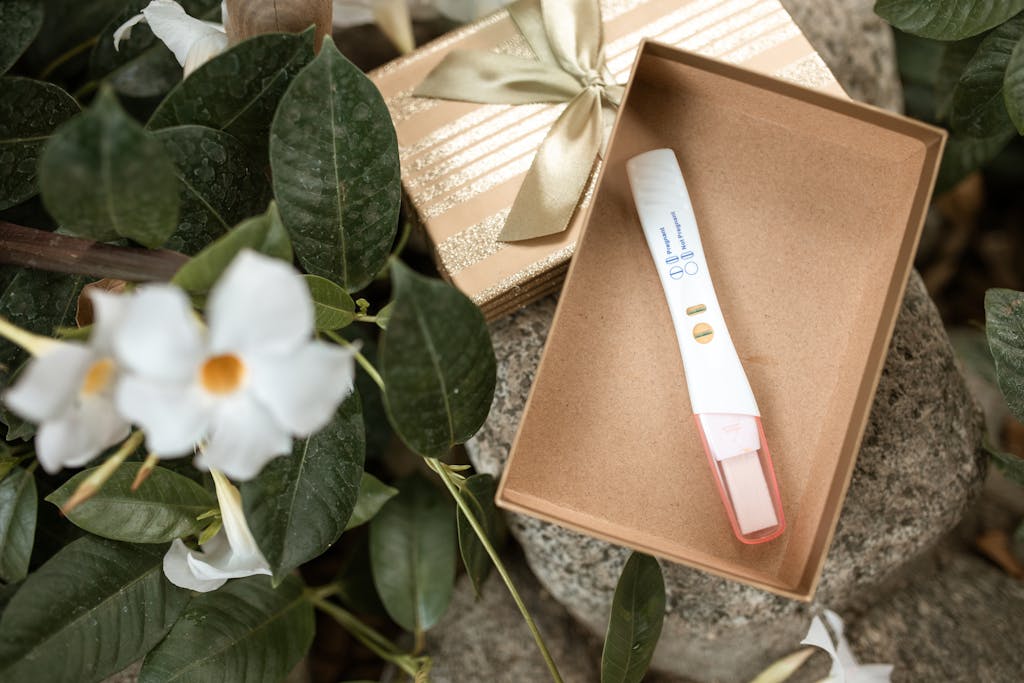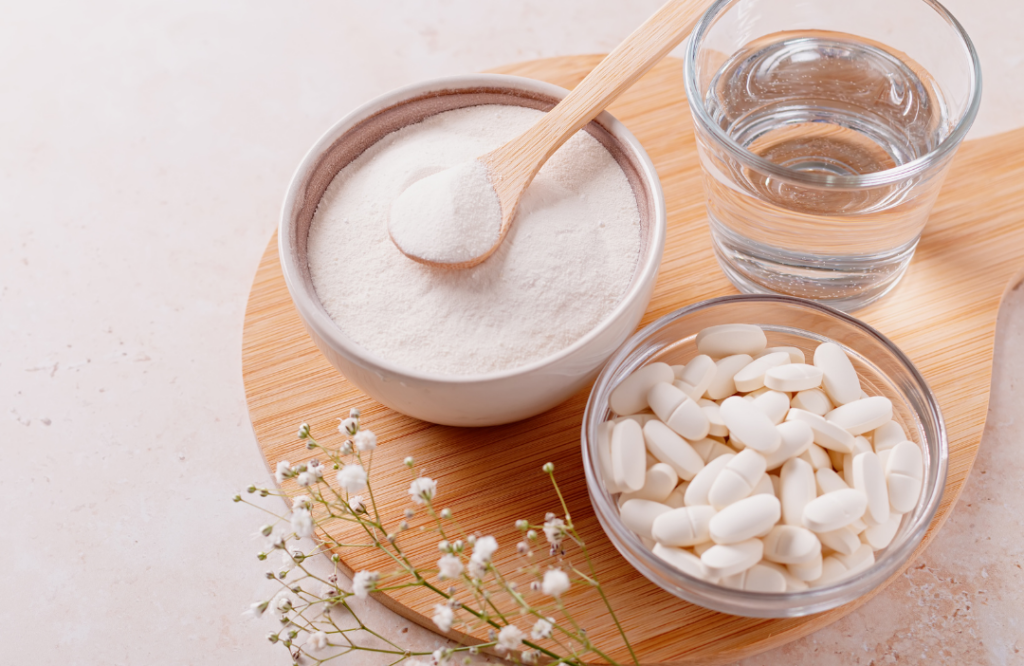3 Simple Ways to Be Earth Friendly AND Healthy Without Going Vegan
Published on April 23, 2017 by Dr. Caitlin Gordon
Action steps for healthy, compassionate, and environmentally-friendly living.
Going vegan is not a surefire way to preserve your health OR save the planet, unfortunately. If only it were so simple! I was a vegetarian and then a vegan for many years. I believe in climate change. I believe our high-meat American diet is unsustainable. I think the factory farming industry is evil, I really do. I believe animals should be treated ethically. However, I did considerable harm to my health and wellbeing consuming a high-grain, processed-soy-filled, vegan diet. I did considerable harm to the environment consuming processed soy, GMO veggies, and tropical fruits shipped halfway across the world.
So what’s the solution? Going vegan doesn’t work for many. How can we nourish our bodies in a way that allows us to be vibrant and well while being compassionate, eco-conscious, and ethical?
1. Join a CSA
Signing up for Community Supported Agriculture (CSA) a.k.a a farm share takes all the guesswork out of two of the most impactful ways to reduce your carbon footprint without going vegan:
A. Shopping and eating local
Your CSA share is going to be from a local farm, which means minimal carbon footprint due to transportation. If you include animal proteins, they will be from a local small-scale farm. Pick an organic farm that pays attention to sustainability and biodynamic farming. Since it’s local, you can visit and see how the animals are treated!
Grass-fed, pastured animals, dairy, and eggs are not only healthier, but they are also more environmentally-friendly. Factory farms are some of the largest contributors to global warming due to massive methane production. Factory farms feed animals corn, a heavily genetically modified mono-crop. Learn more about the problems of monocropping (one potential pitfall of going vegan for environmental reasons).
B. Eating seasonally
Your CSA is only going to include what grows where you live. There won’t be pumpkin in April, and that’s a good thing. At the grocery store, we easily become disconnected to eating seasonally, as nearly every fruit and vegetable is available year round. However, eating blueberries in Colorado that were shipped from Chile is not environmentally responsible.
Shopping at your local farmer’s market or food co-op is another great way to reduce your carbon footprint. Finally, if you do buy items from the grocery store, be conscious of the sourcing and choose the U.S. and, ideally, in-state products.
Bonus Points: Grow your own garden
There’s no more effective way to reduce your carbon footprint than growing food in your own backyard. Veggies from your garden are more nutritionally dense than nearly anything you find at the grocery store, due to their freshness. The act of gardening has health benefits too!
If you’re in Colorado, check out these great resources for environmentally conscious food choices:
2. Eat lower on the food chain
Instead of a few people going vegan, how about a lot of people eating less meat? Eating less meat, particularly beef, greatly reduces your carbon footprint. The larger the animal you eat, the more resources consumed to raise that animal. Consider choosing several days a week to go meat-free. Even small reductions in your meat consumption go a long way towards a more sustainable lifestyle.
Be Adventurous
Consider less popular sources of protein like sardines, anchovies, oysters, and cricket protein! These are all small animals, which means they consume minimal resources. Cricket protein hasn’t turned into a huge trend yet, but it does solve the problem of finding a sustainable animal protein source. Exoprotein makes bars from cricket flour that taste amazing (no hint of anything buggy, trust me) and offer all the beneficial amino acids of a complete protein.
Oysters, sardines, and anchovies all have impressive omega-3 profiles. Omega-3s from animal sources are more bioavailable than plant sources. Consuming adequate omega-3s to balance all the inflammatory omega-6s from eating food cooked in vegetable oils is a challenge when going vegan. It is a challenge even with animal proteins as an option.
 More eggs, less dairy
More eggs, less dairy
Eggs are a perfect protein, high in selenium and choline, two common deficiencies. Backyard and local small farm chickens are low-impact on the environment. They eat pests and scraps, and their poop helps fertilize the grass which creates a home for the bugs which supplement the chickens’ diet and provides healthy eggs for humans. It’s a more sustainable cycle than most in the farming world.
Eliminate or reduce dairy. The dairy industry is as environmentally harmful as the meat industry, and it’s certainly less ethical from an animal welfare standpoint. There are no essential nutrients in conventional dairy. The calcium found in pasteurized dairy is virtually unusable and potentially even harmful due to the lack of K2. K2, a necessary cofactor for the absorption of calcium into the bone, is destroyed by the heating process. Vitamin D is far more important to bone health than calcium. In fact, high blood levels of calcium without proper D and k2 is linked with heart disease.
3. Stop Buying Plastic
One of the surest ways to reduce your damage to the planet is to stop buying plastic. Plastics negatively impact our health too. Plastics contain compounds called xenoestrogens. When we are exposed to plastics, xenoestrogens fill estrogen receptors on our cells, causing hormonal imbalance. Instead of plastic, choose glass, stainless steel, or wood items. This requires some thought and creativity, as there is plastic in everything these days. Some guidelines to start:
- Bring reusable bags to the grocery story
- Use stainless steel or glass water containers
- Bring your own reusable coffee mug to the coffee shop
- Purchase glass pyrex instead of plastic Tupperware
- Use stainless steel, ceramic, glass, and wood cookware and utensils
- Shop at the farmers market, join a CSA, and garden to cut down on packaging.
- Don’t buy individually wrapped items
- Forgo receipts
- Use a french press or pour-over system for coffee
- Skip take-out and delivery and cook at home or sit down at a restaurant
- Make your own personal care products and cleaning products in glass containers
- Keep and reuse the plastic items you do purchase
- Buy items like detergent, shampoo, and cleaning supplies in bulk/large containers
- Buy furniture made from recycled materials, glass, stainless steel, bamboo, etc.
- Purchase items that must be plastic second-hand. There are thousands of online stores for second-hand everything, plus your local thrift shops, garage sales, craigslist, nextdoor.com, etc.
BONUS: Download the free guide to quitting plastic here
Committed to veganism but want to do it right?
The contents of this site, including text, graphics, images, and other material are for informational purposes only. Nothing contained in this site is or should be considered or used as a substitute for professional medical or mental health advice, diagnosis, or treatment. Please schedule an appointment for personalized health advice.






